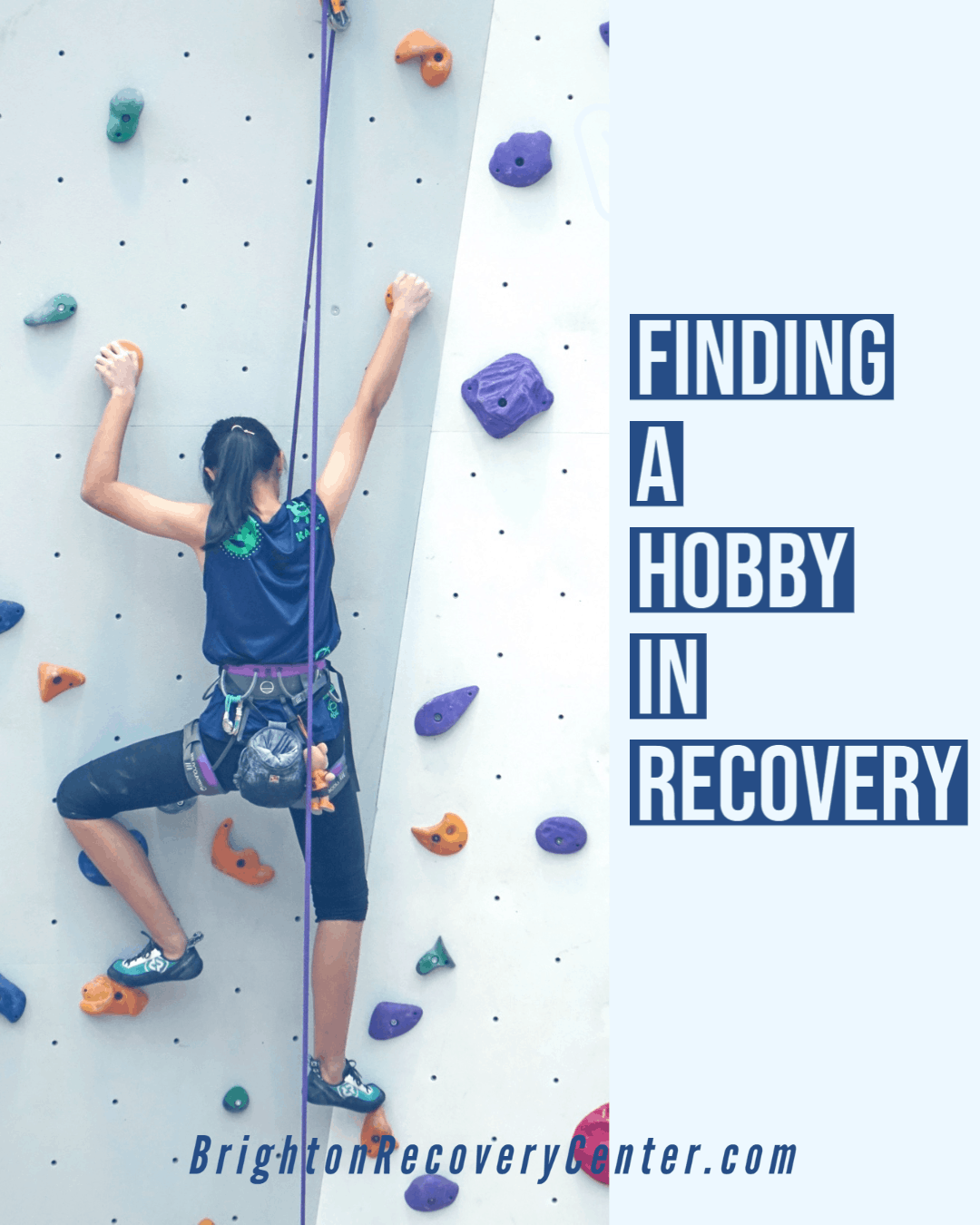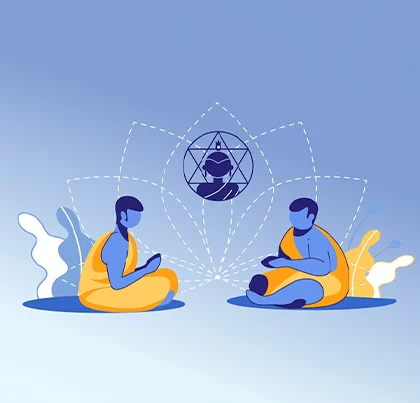Finding a Hobby in Recovery

[vc_empty_space]
Finding a New Hobby Is Difficult
Simply saying “just try something new” is a lot easier said than done. There are other factors at play, as a hobby that someone wants to try may not be possible. There are still barriers to it, whether they be geographical, monetary, or the hobby lacks a community in the area in which someone lives. Due to these factors, trying new things is very much a trial of what is available, so it is always important to express if there is something that isn’t working, so they can move on to trying something else.
Additionally, if a person in recovery finds something that they do want to sink their time into, it is important to support that hobby, and at the very least try to understand enough about it or be willing to learn. That level of encouragement and support can help a person stick with the newfound hobby. For the family of an individual in recovery, it can also be helpful to lead by example—going out and trying something and then share that experience with them. Not only will this help encourage the individual to get out and try something, but it can also lead to a new hobby for the loved ones as well.
Hobbies as a Family Activity
Hobbies themselves provide a prime opportunity to strengthen the family unit surrounding the person in recovery. Proposing potential hobbies isn’t something that one can just throw out and hope that something sticks. Instead, use this opportunity to express a true understanding of the person, rather than just suggesting whatever is available. It is important to address the individual still as a loved one and equal family member, and this time can be used to demonstrate that the family knows about their likes and dislikes outside of their afflictions and recovery.
It leads to an all-important dialogue as a person can feel like their voice is heard when deciding not just what they will do, but what the family will try together. A person’s voice can often feel lost when suffering from mental health issues or addiction, and the family unit can be on the front lines in changing that perception of one’s own voice. Even in the event that the family tries something and it is clear that it won’t be the hobby that they will pursue, the discourse on why it wasn’t the right fit can still have this impact.
Creation of New Traditions
Finding something that the whole family enjoys can lead to a positive future outlook. It can create a new tradition tied to an event or time of year—something to constantly look forward to as a family, and thus a future sight of belonging. The feeling of belonging is another aspect that someone in recovery could benefit greatly from, rather than the common feelings of isolation that come with recovery.
Not Just One Solution
When looking for a hobby, people often think that they have to find the one thing that they can fill their time with. However, this restriction is entirely self-imposed. What harm is there in picking up two hobbies? Or if someone can only engage with a particular hobby once a month, why not pick up something else as well?
There may not be just one hobby that ticks all the boxes that someone needs, nor just one hobby that everyone in the family enjoys equally. That’s okay. It is all a fluid dialogue between one’s self, as well as in their family. Using a weekly game night for the family as well as a personal hobby for the person in recovery can help address both fronts of this practice simultaneously.
All of these hobbies and family activities all serve their therapeutic purpose. They are meant to build a sense of love, support, and community while going through the recovery process. They create something positive to look forward to and can be malleable enough to work as a rewards system as well. The reason that hobbies are so often touted as a successful practice is because of their ability to build up interpersonal skills not just by saying, but by demonstrating.
Getting out and doing something and then reaping the benefits first hand is the most effective way to truly internalize a concept. Use these hobbies for the betterment of the family unit as a whole, and to encourage a strong family unit far beyond the time that a loved one is in recovery.
If you or a loved one are suffering from addiction, mental health, or co-occurring disorders, contact Brighton Recovery Center. Championing this sense of community that hobbies can instill, as well as providing a wide array of activities on their sixe-building campus, Brighton realizes the importance of belonging during the recovery process. With programs ranging from detox to residential, to outpatient, Brighton is ready to help at any step of the way. For more information on how they can personalize a program to fit your



